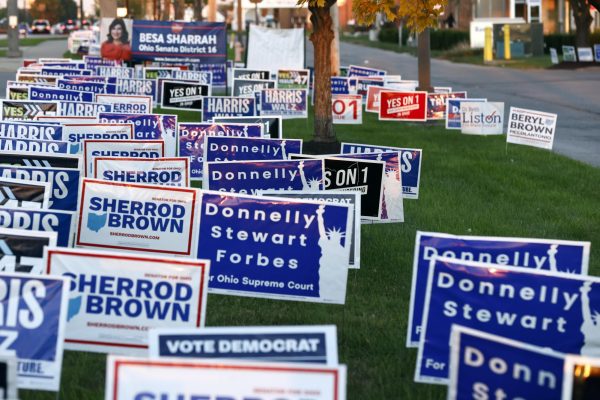Race, Police & Justice: Voices from the Colgate Community
I begin with experiences far removed from Hamilton and Colgate – with experiences from Sri Lanka, a country in South Asia, where during its prolonged ethnic war, the city I grew up in, Colombo, was dotted with checkpoints. If you were a Tamil minority, as I am, you could be stopped and checked at any point. You had to carry an ID card marking your ethnicity, and if you were stopped you could be detained at the checkpoint for hours, taken to the nearby police station and generally harassed. Colombo was a veritable site of stop and frisk operations.
I recount this story not because Hamilton is like Colombo. Indeed, no two places could be more dissimilar. Hamilton is a small, White town, where a large part of the students and faculty are middle-class or wealthy. In Hamilton, poverty is hidden away so the town can display an idealized facade for students, parents and alumni. Yet, sometimes, policing can happen in unexpected places that appear safe and homely. I remember at the discussion in March where members of the Hamilton Police and Campus Safety spoke, we were told over and over that the kinds of things that happened in other places – in other parts of the country such as in inner-cities – did not happen here. Hamilton is safe for all, the presentation suggested, arguing the experiences of our students of color were not real but their own inaccurate perceptions.
My experiences in Hamilton are my own, and perhaps you will say I am mistaken in finding echoes of my old life in this small village in New York. I have been working at Colgate now for three years. Since I do not live in Hamilton, my experiences with the police are limited to interactions during my drive in and out of town, to and from work. I am often stopped as I leave Hamilton, especially at night. I’ll be driving along, tired after a long day, and will suddenly see a police car flashing its lights behind me. I have been told it is because I had jumped a red light or because I was driving too fast. I am often taken aback – frequently I had been driving quite slowly, behind a car that had not been stopped. Of course, what can I say in these situations but apologize and hope I do not get a ticket?
In the past when my husband Gerard and I have stayed behind at Colgate for a talk or play, we have been stopped a number of times in Hamilton or Morrisville. I should mention that my husband is African American. One recent incident was when we were driving back home after the Aretha Franklin concert. Two weeks ago, I actually got a ticket for having wrong license plate holders. I had been driving this car for two years now, and was surprised by that ticket. Often, however, Gerard and I do not get ticketed. The officers are polite: they check our driving licenses and paperwork and ask us why we are in Hamilton and where we are going. Once it is clear that I teach at Colgate (I often hand in my Colgate faculty ID card along with my license), the officers politely tell us that this time we will be spared a ticket, as if they are doing us a favor. We thank them and move on. I guess once we communicate that even though we are not white, we do actually have a legitimate reason to be in the village, we are free to go.
It occurs to me, after three years of driving to and from Colgate, that maybe there are checkpoints here too, that I am stopped in Hamilton almost as regularly as I was stopped in Colombo. The only difference is that the checkpoints in Hamilton are invisible, and some of us deny that this kind of thing happens here. At least in Sri Lanka, a checkpoint was in plain sight and you knew to brace yourself when you saw one ahead of you.






